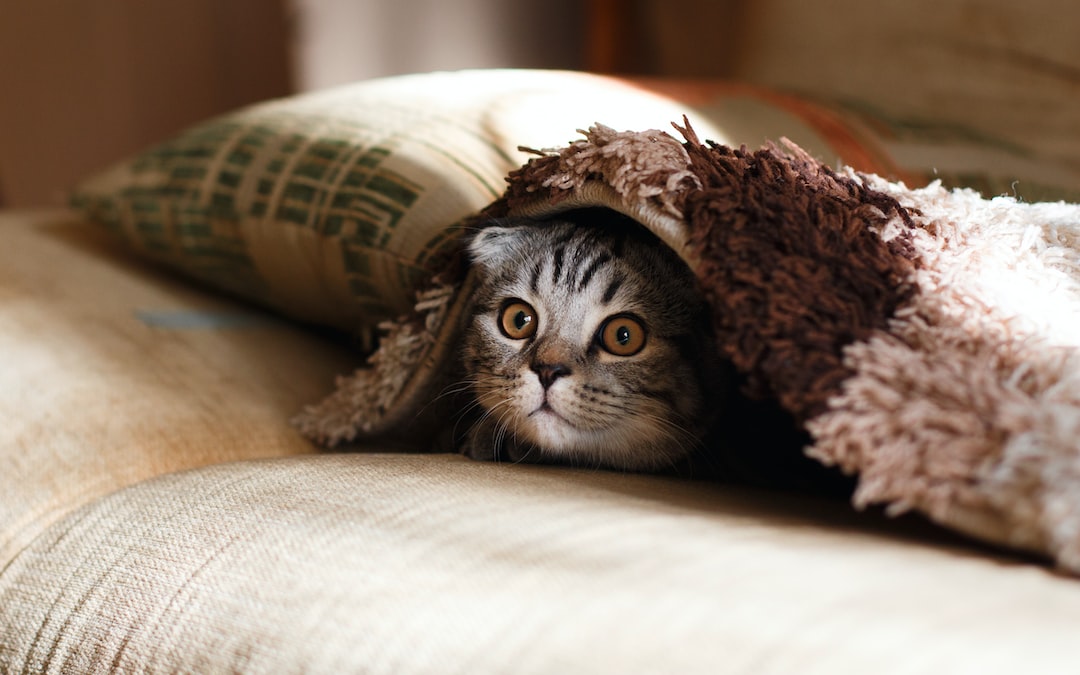The Fourth of July is just around the corner, and for many people, that means fireworks! While fireworks can be a beautiful and exciting way to celebrate, they can also be terrifying for our furry friends. The loud noises, bright lights, and unfamiliar smells can cause extreme stress and anxiety in animals. That’s why it’s important for pet owners to take steps to keep their pets safe during fireworks season. Here are some tips to help you keep your furry friends calm and secure:
1. Create a Safe Space: Designate a quiet and comfortable area in your home where your pets can retreat during fireworks displays. This could be a basement, a bathroom, or any other room that is located away from windows and doors. Fill the space with familiar toys, blankets, and their favorite treats to create a calming environment.
2. Provide Distractions: Turn on soothing music or the TV to help drown out the sound of fireworks. This can help divert your pet’s attention and reduce their anxiety. Engage them in playtime or offer them interactive toys to keep them occupied and distracted from the noise outside.
3. Stay with Them: If possible, stay with your pets during fireworks displays. Your presence can provide comfort and reassurance during this stressful time. Speak to them in a soothing voice and offer gentle petting to help them relax. Be mindful of your own behavior as well; if you’re anxious or worried, your pet will pick up on that energy.
4. Keep Them Indoors: Always keep your pets indoors during fireworks. Even if they are usually outdoors animals, the loud noises and flashes of light can cause them to panic and escape from your property. Ensure that all windows, doors, and gates are securely closed and locked to prevent any accidental escape.
5. Update Identification: Make sure your pets are wearing collars with up-to-date identification tags. In the unfortunate event that they do manage to escape, proper identification will significantly increase the chances of a safe and quick return. Consider microchipping your pets as well, as collars can come off or be removed. Keep your contact information current with the microchip registry.
6. Consult Your Veterinarian: If your pet suffers from extreme anxiety during fireworks season, consult your veterinarian in advance. They may be able to recommend behavior modification techniques or prescribe medication to help calm your pet. It’s always best to consult a professional for expert advice tailored to your pet’s specific needs.
7. Avoid Chemical Calming Agents: While it may be tempting to use over-the-counter calming agents or sedatives, it’s crucial to consult your veterinarian before administering any medications to your pet. These substances can have adverse effects and may not be safe for all animals. Your vet can guide you on the best course of action for your pet’s well-being.
8. Take Precautions for Outside Pets: If you have pets that are typically kept outdoors, bring them inside before fireworks begin. Create a designated safe space for them within your home. Ensure they have access to fresh water and bedding, and make sure they are secure and comfortable.
9. Prepare for Emergency: Have an emergency plan in place in case your pet does escape during the fireworks. Prepare a recent photo of your pet, along with any distinguishing features, to aid in their search. Familiarize yourself with local animal shelters and contact them immediately if your pet goes missing.
10. Be Proactive: If you know your pet is particularly susceptible to fireworks anxiety, consider gradually desensitizing them to the sounds. There are sound therapy programs and training techniques available that can help your pet get accustomed to the noise over time. Start these training sessions well in advance of the fireworks season.
Remember, the safety and well-being of our furry friends should be a top priority during fireworks season. By following these tips and taking appropriate precautions, you can help ensure a stress-free and enjoyable time for both you and your beloved pets.

